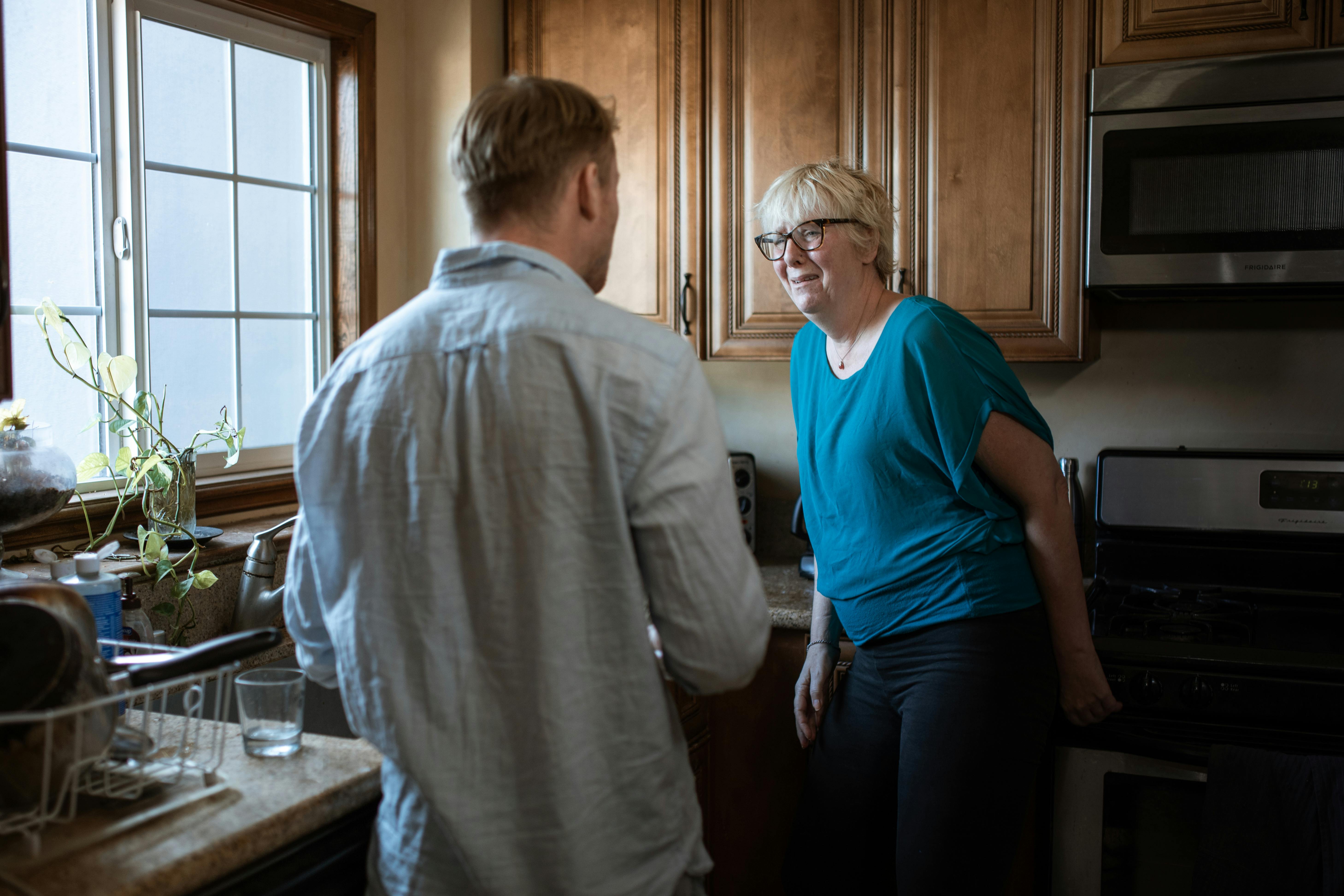When two people decide their marriage is over, the hardest part is the effect on the children. Many couples stay together for the sake of the children; while others realize, for the child’s sake, that separation is the only way; and then other couples never consider children. They only think about their needs, hoping that the children will survive. It is not the act of divorce itself, but the process involved that determines its effects on the children. The emotional impact of divorce on a child’s development in the early years of life can create problems in childhood, adolescence, and adult life. As the child matures, her personal and interpersonal behaviors become involved, such as:
- The ability to create deep and lasting love relationships.
- The strength to tolerate the imperfect satisfaction of personal needs.
- Attitudes and the desire to cooperate with others.
- Motivation to learn and work.
The paths taken by these behaviors begin in the first years of life due to the quality of the attachment bond with both the mother and the father that is established during this time. The ideal situation for any child is to live in a two-parent household where the parents love each other and the child. However, statistics show that a child in a happy single parent situation does better than a child living in a home with constant fighting and disputes. Separation Anxiety A considerable amount of evidence now documents that most babies form meaningful bonds with both parents at about the same age (birth to 7 months). This is true despite the fact that many fathers spend less time with their babies than mothers. The baby may come to prefer the parent who takes primary responsibility, usually the mother, for her care; but this does not mean that the relationship with the other parent is not important. A child may begin to develop separation anxiety, which is a normal phase of development that begins with mobility around 8 months and intensifies from 12 to 18 months. But with the added confusion or stress, the child may experience intense emotions when she is separated from either parent. They don’t understand the concept of time and don’t know when the parent will return, which could result in a lot of crying and resistance. Being apart feels like torture or deep loss. To overcome his separation anxiety, the child needs:
- Feel safe in your family environment.
- He trusts other people besides his parents.
- Trust that your parents will return
- Babies and toddlers need regular contact with both parents.
Prolonged separation from either parent is undesirable because it places undue stress on developing attachment relationships. Both parents need to interact frequently with the child’s daily routine care (feeding, playing, diapering, calming, putting to bed, bathing) to ensure that a strong relationship develops and strengthens. The interruption of these relationships at this age makes it difficult to develop a parent-child relationship later in life. Instead, it’s considerably better for everyone involved to avoid such disruptions in the first place.
Nights out with the non-resident parent
In the past, child development research focused on preserving the mother-child bond within a home, while nights with the father were prohibited or discouraged. Current research shows that such recommendations did not take into account the child’s need to maintain and strengthen relationships with both parents after separation. A child thrives socially, emotionally, and cognitively if care arrangements are predictable and if both parents are sensitive to the child’s developmental and physical needs and are emotionally available. Spending the night with the out-of-home parent provides crucial social interactions and nurturing activities, including bathing, relieving aches and pains, bedtime rituals, comfort in the middle of the night, and the calm and security of snuggling in. the morning after waking up, that 1 -2 hour visits cannot be provided. If the child has his own bed and space in each home; he will feel more secure with a predictable schedule and stress-free driving at each location. To respond to the psychological needs of the young child, adopted parenting schedules must provide opportunities to interact with both parents every day or two in an enjoyable way for the child’s sake. These everyday activities build trust in parents while deepening parent-child bonds. Also, regardless of who is the primary caregiver, a meaningful parent-child relationship at this age can encourage parents to stay involved in their children’s lives forever. The child will benefit from the extensive contact with both parents in their lives with co-parenting. Co-parenting is all about co-parenting. This means treating the other parent as an important part of her child’s life. These experiences provide children with stimulating social, emotional, and cognitive experiences to be successful in their education, work, and personal relationships in life.




